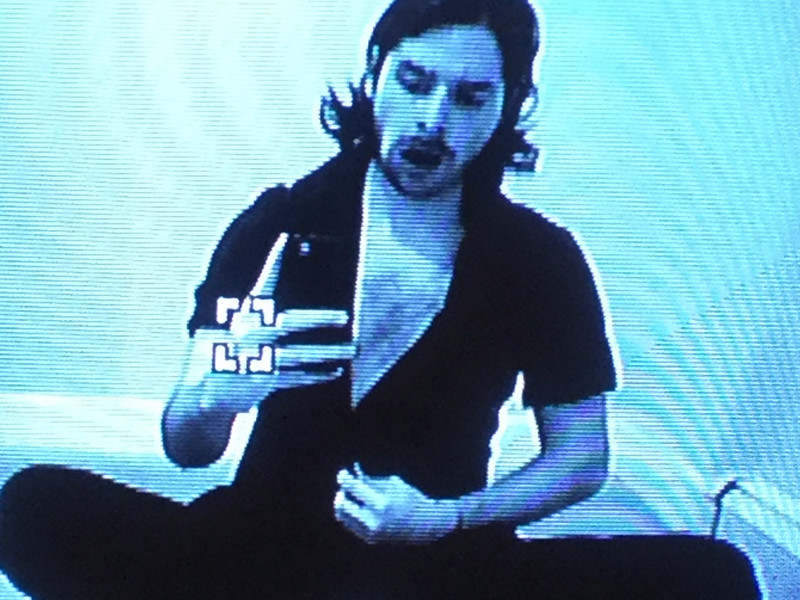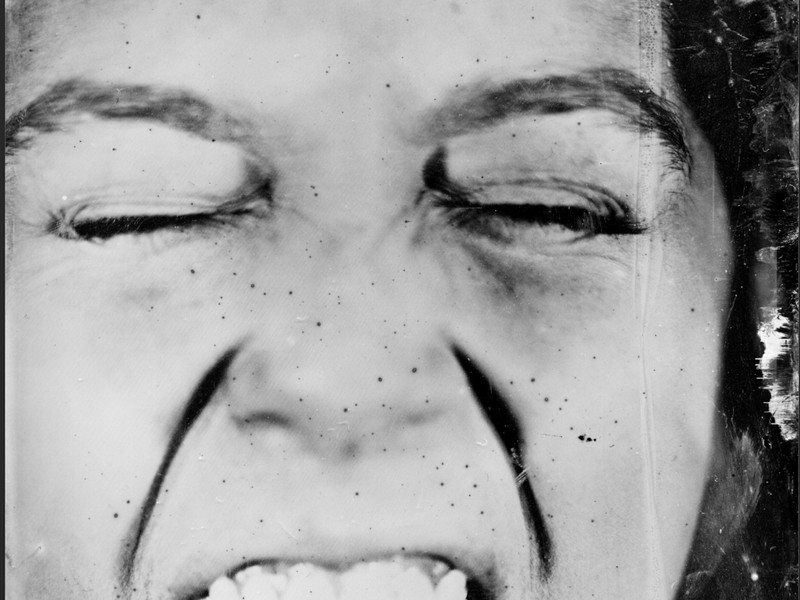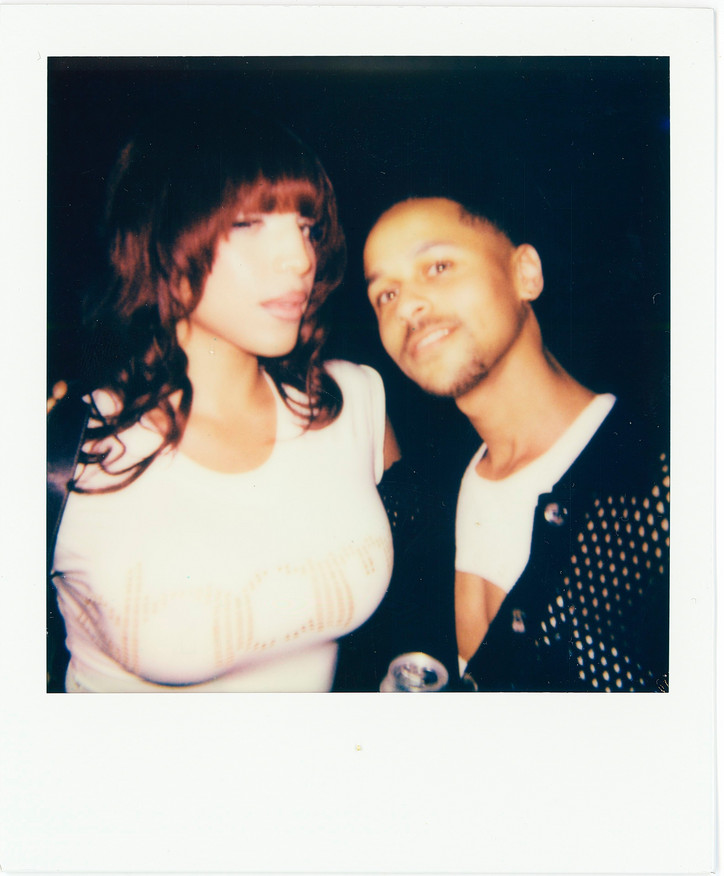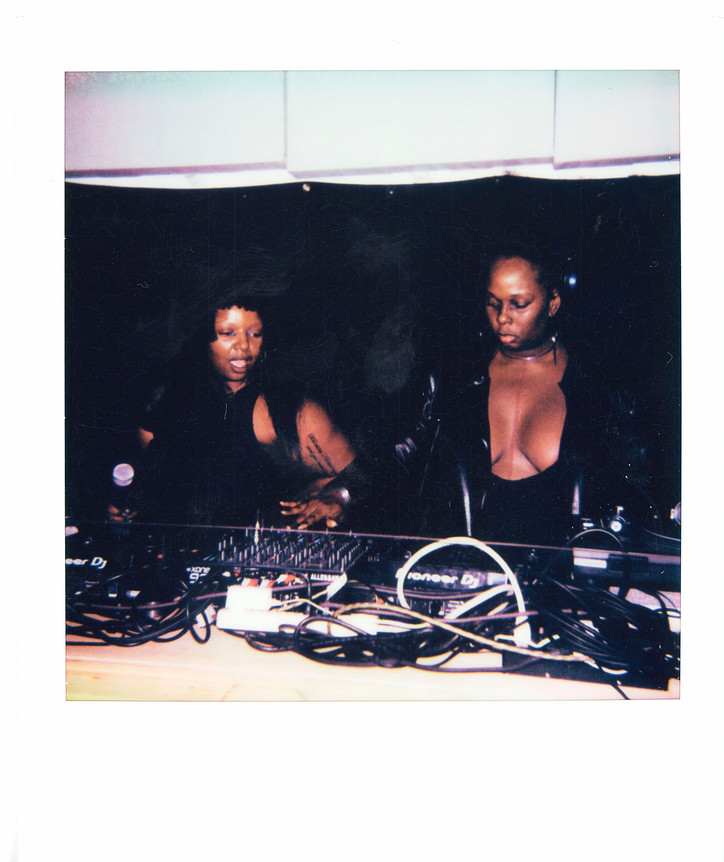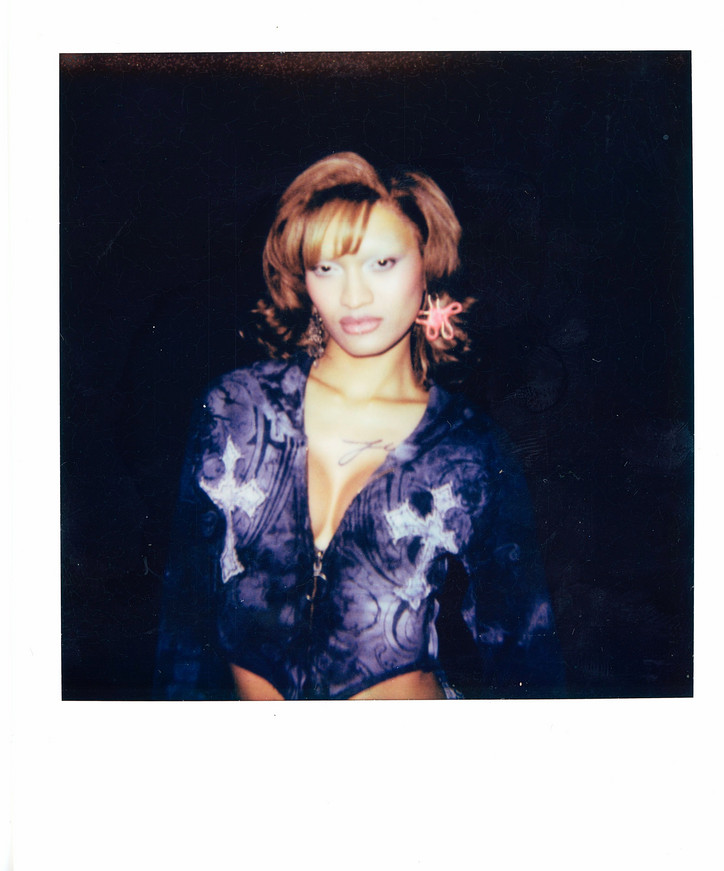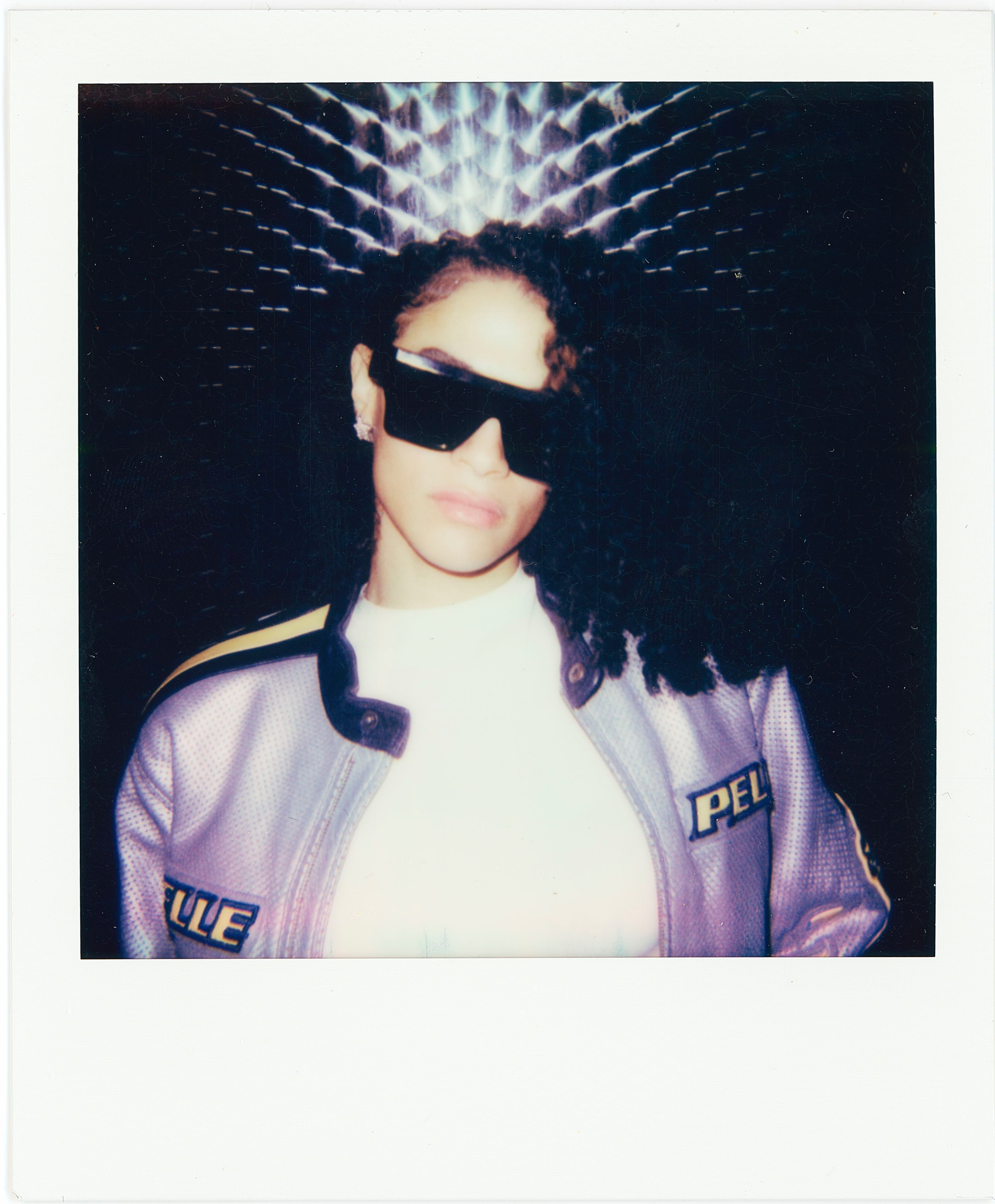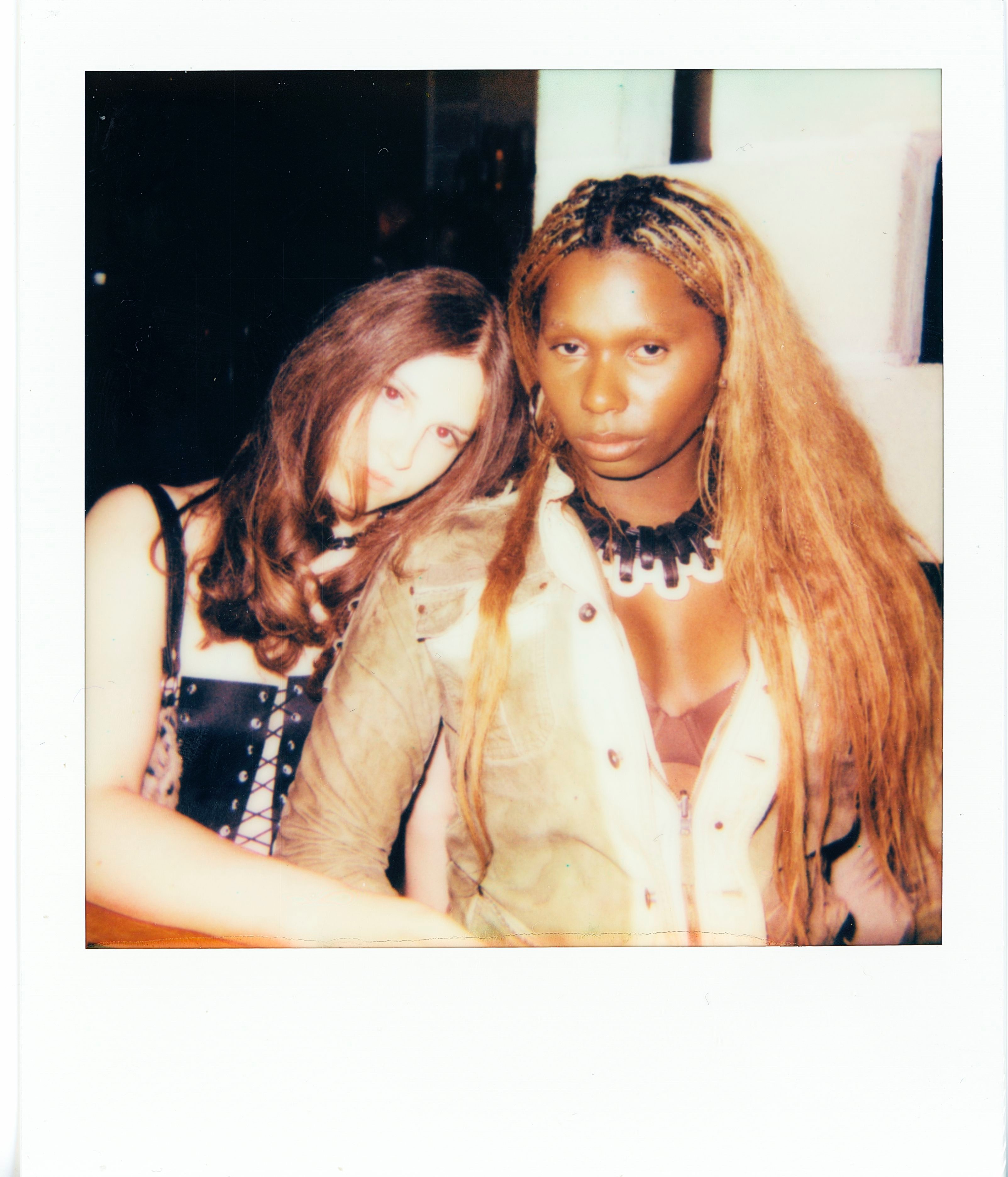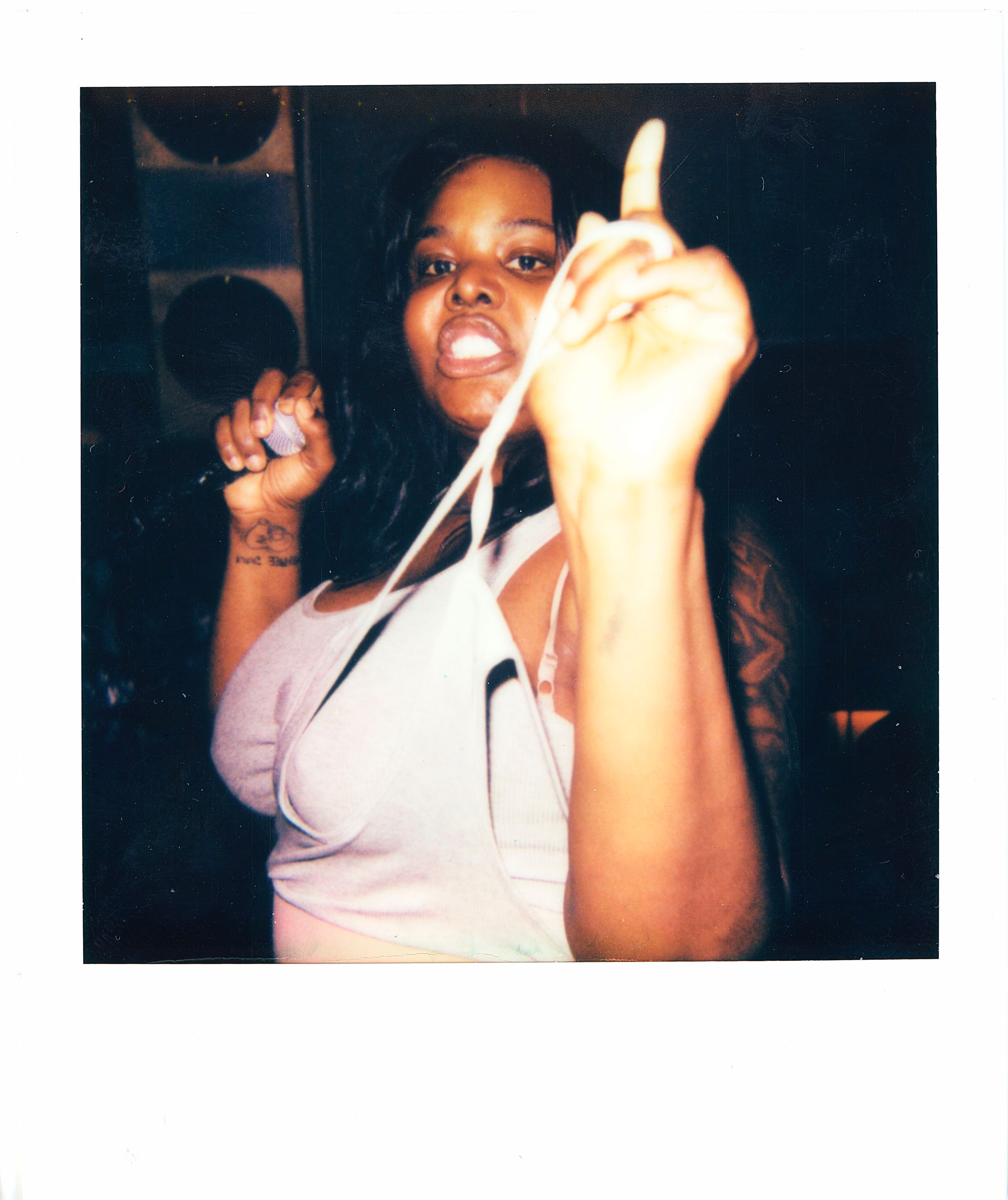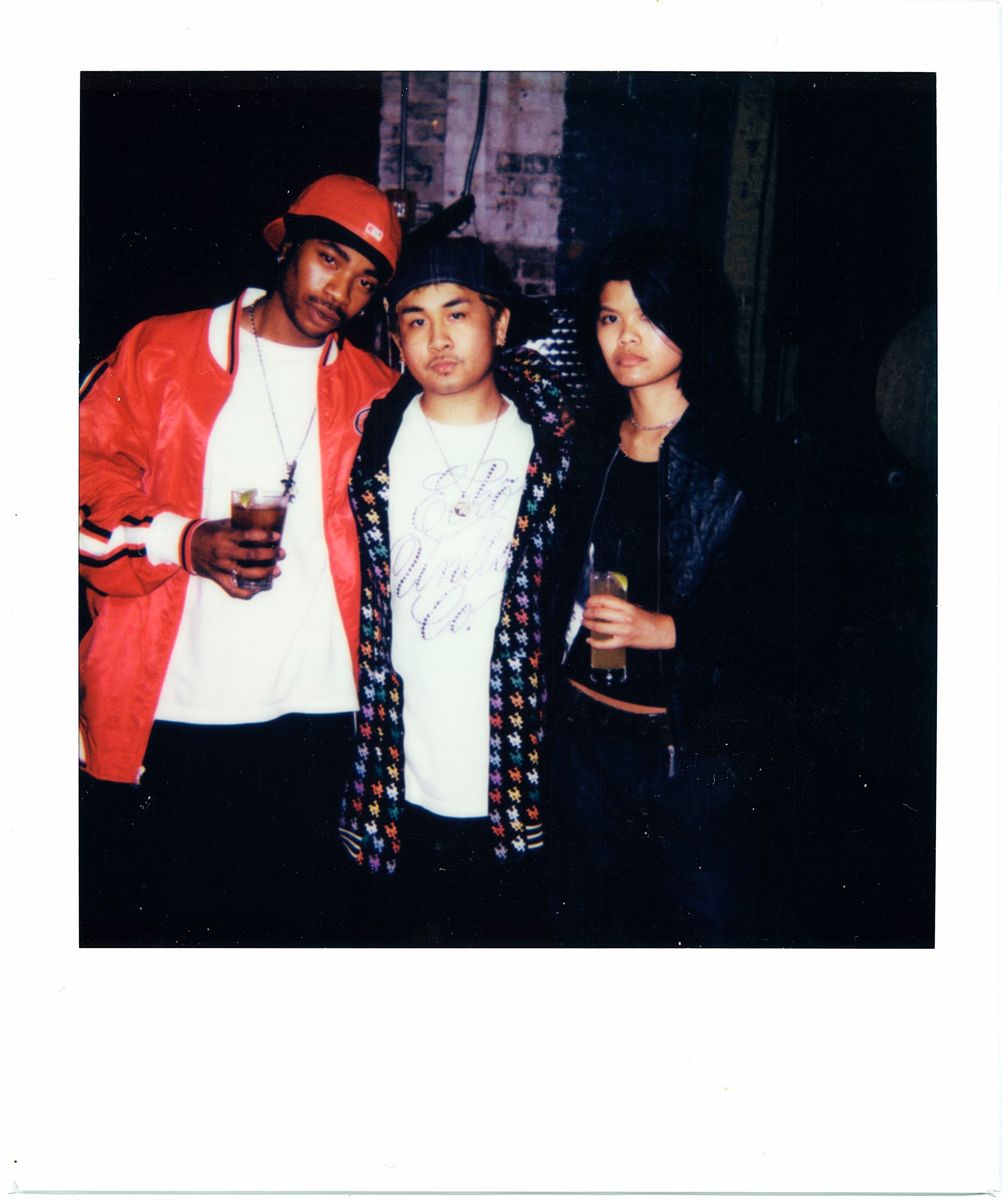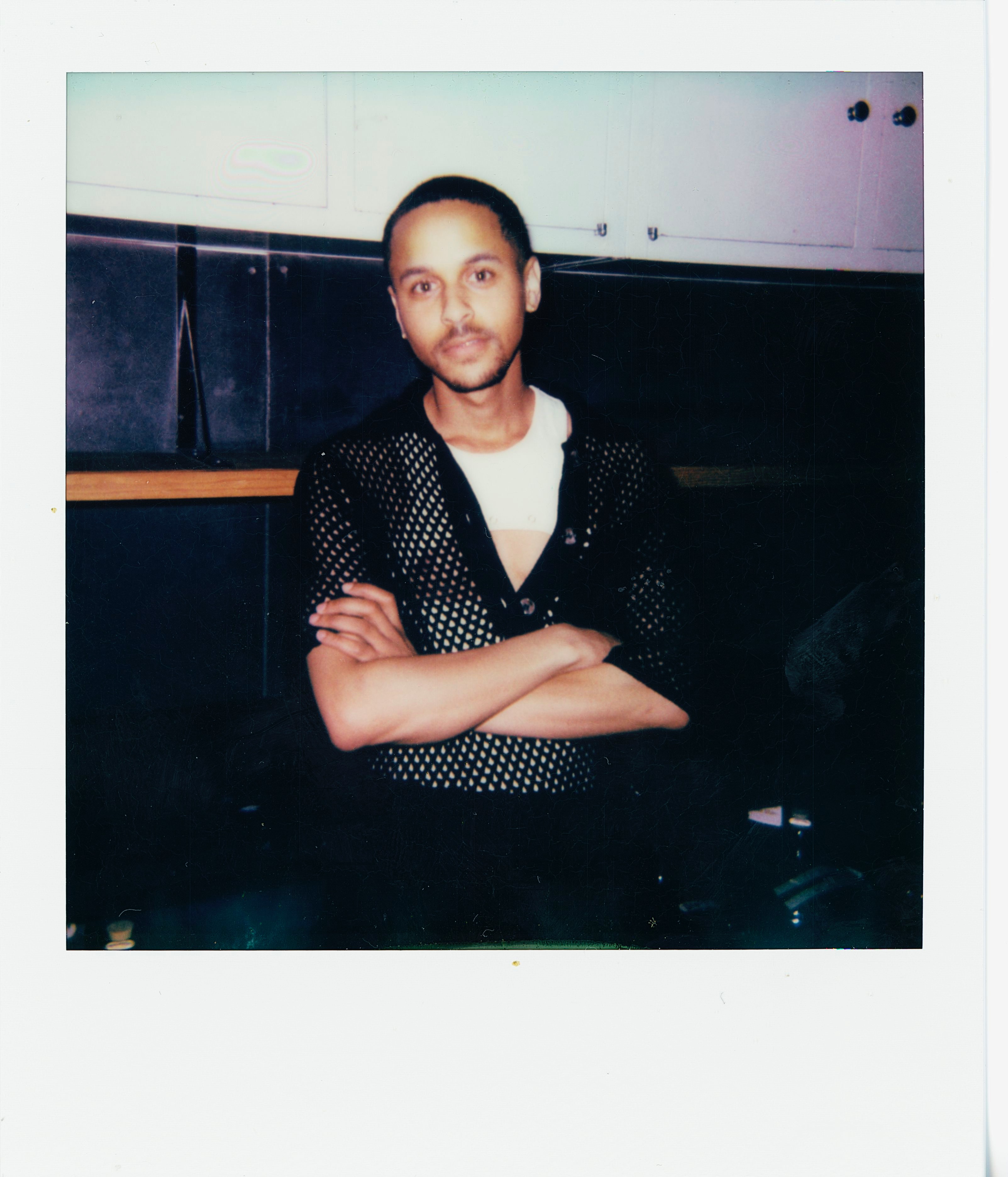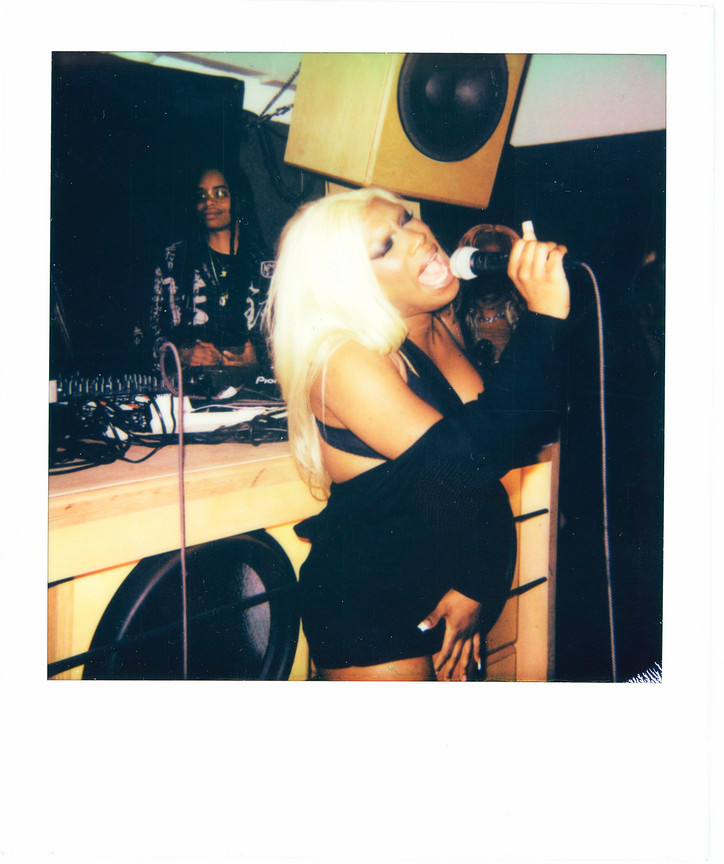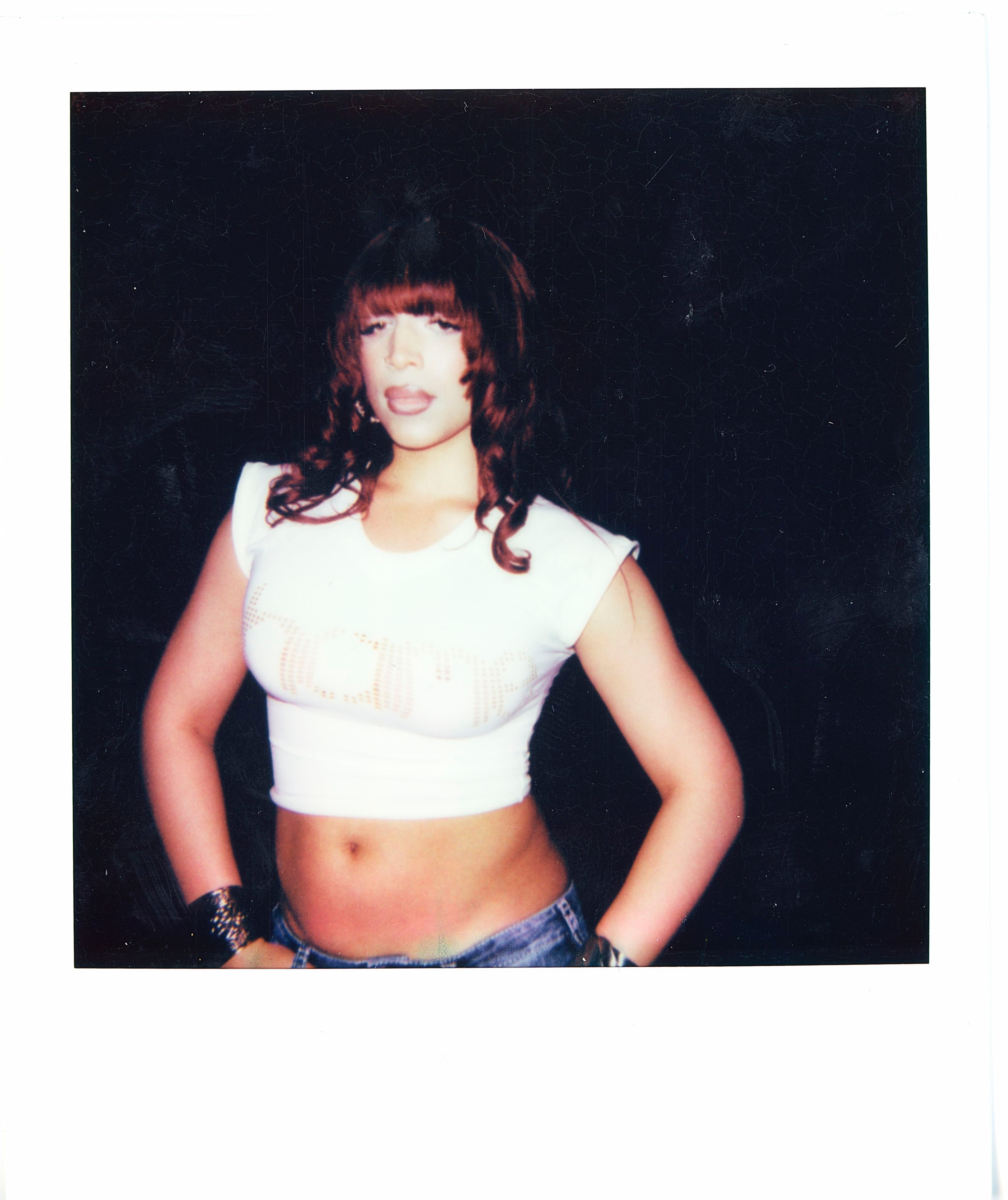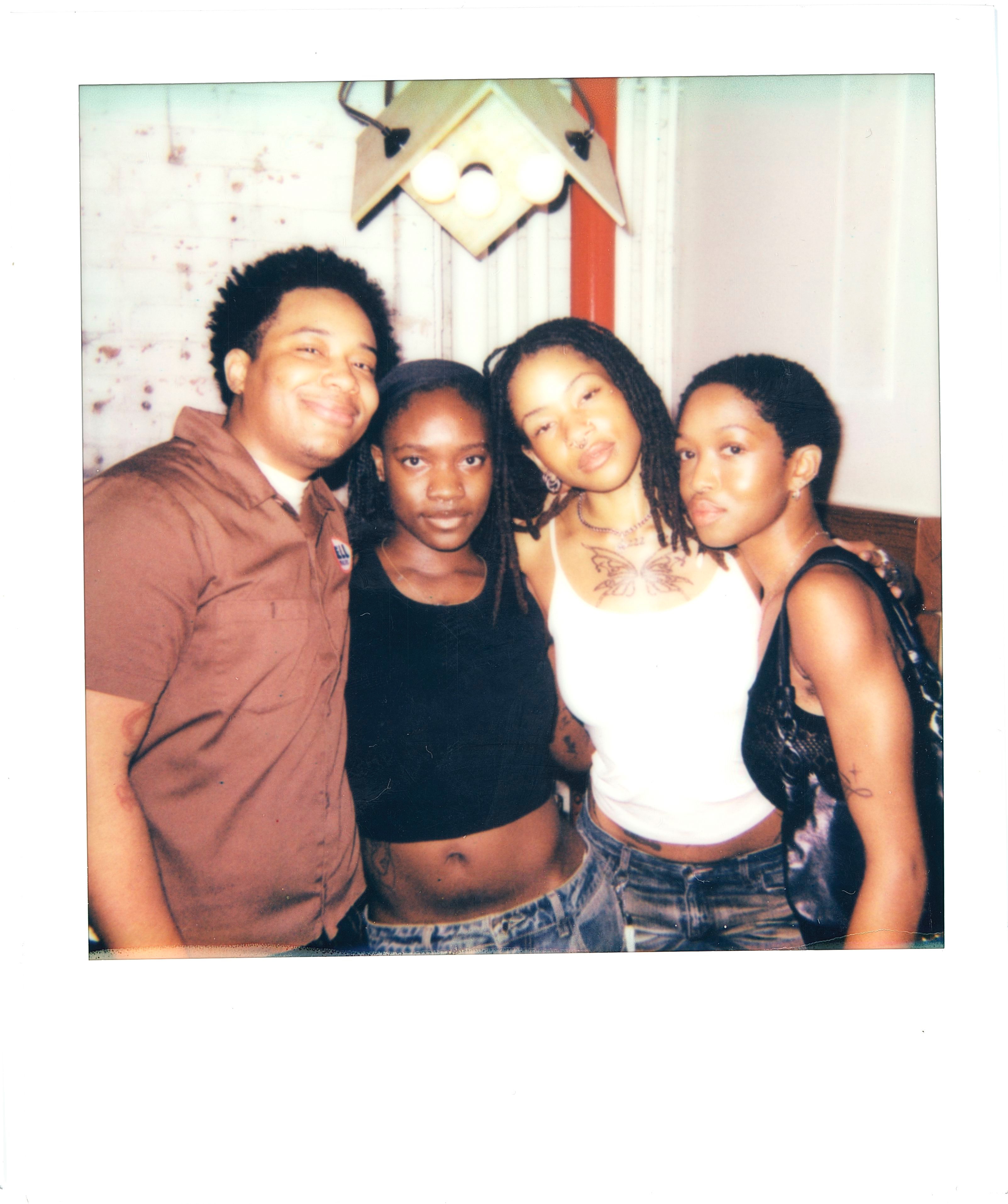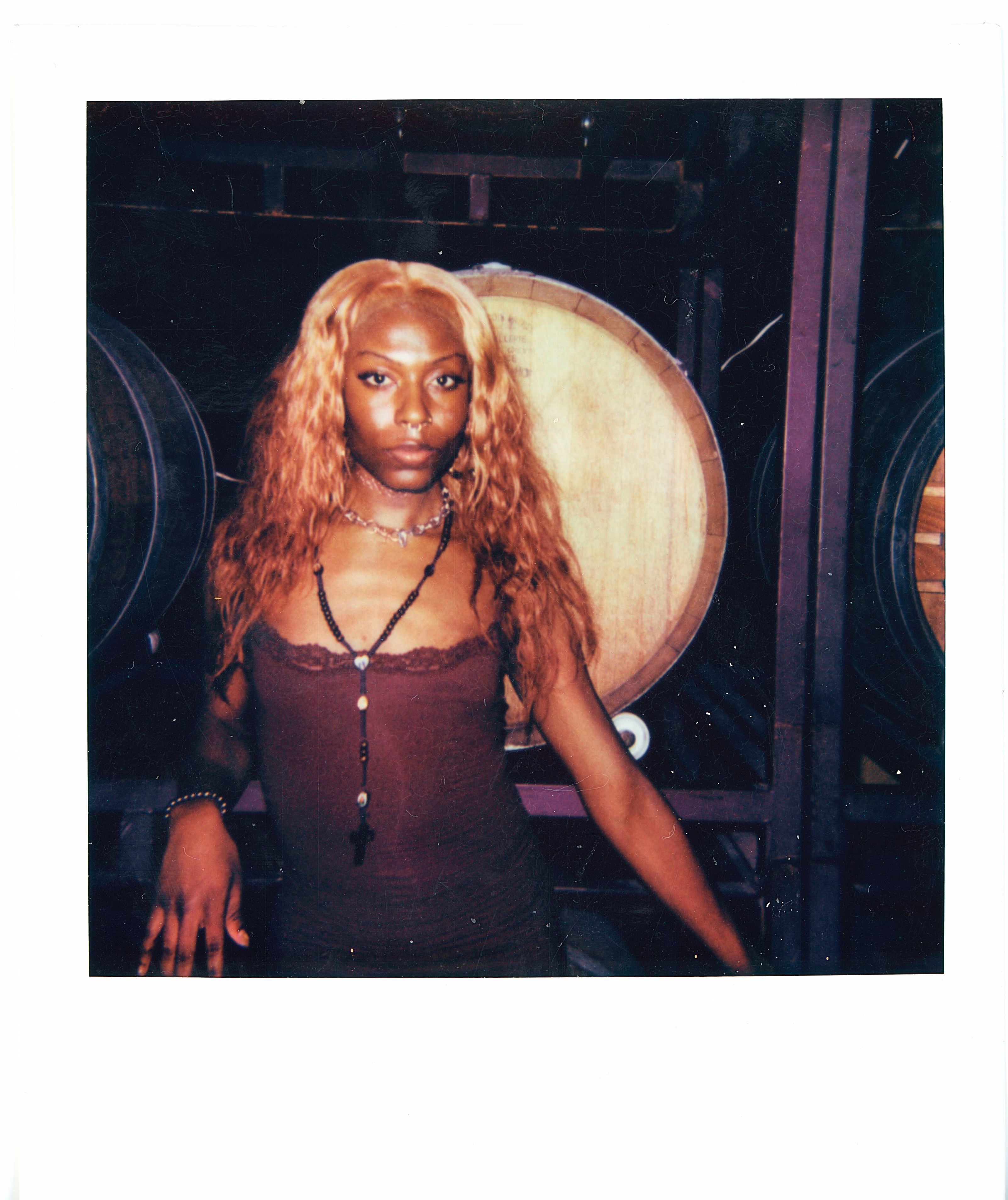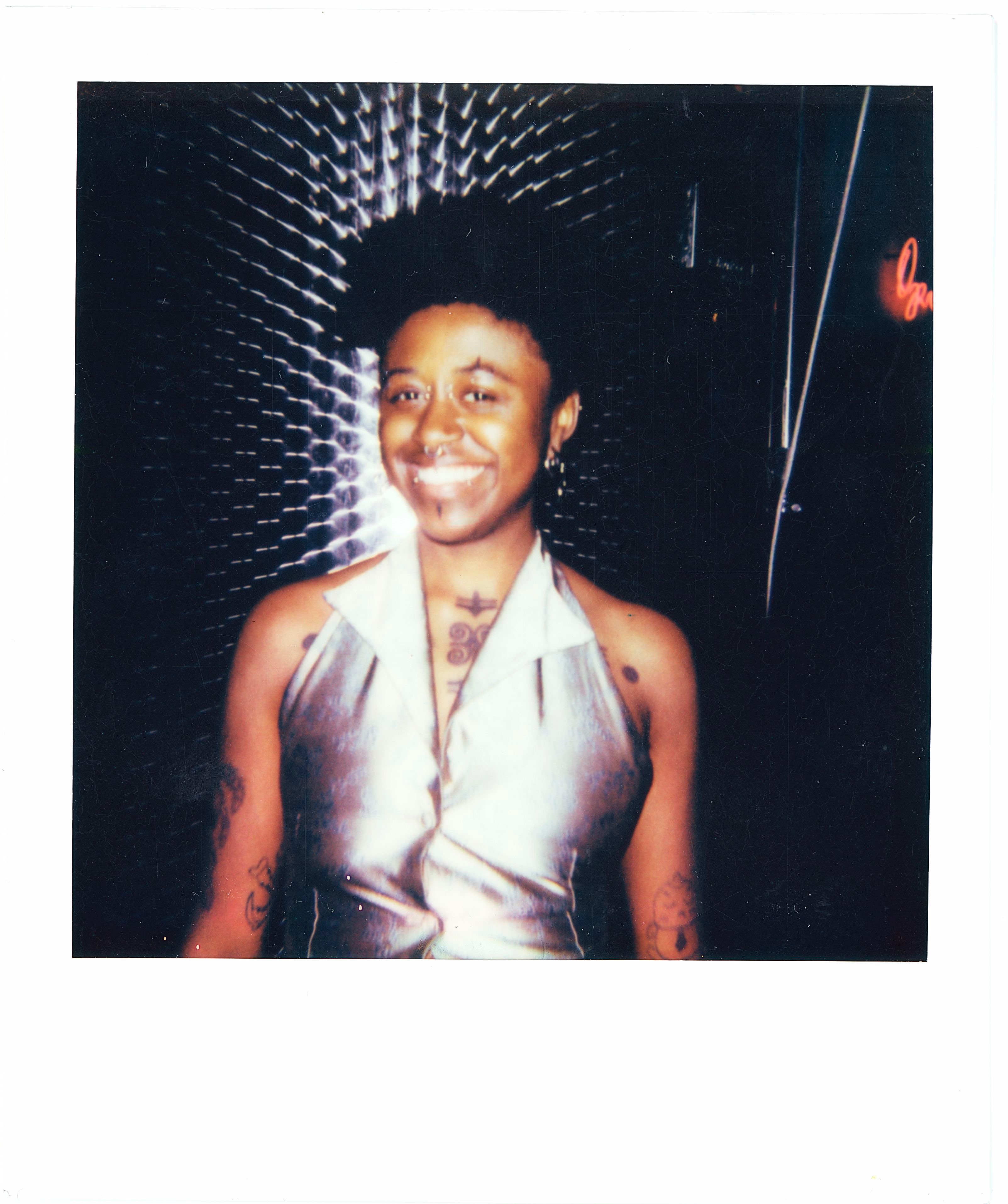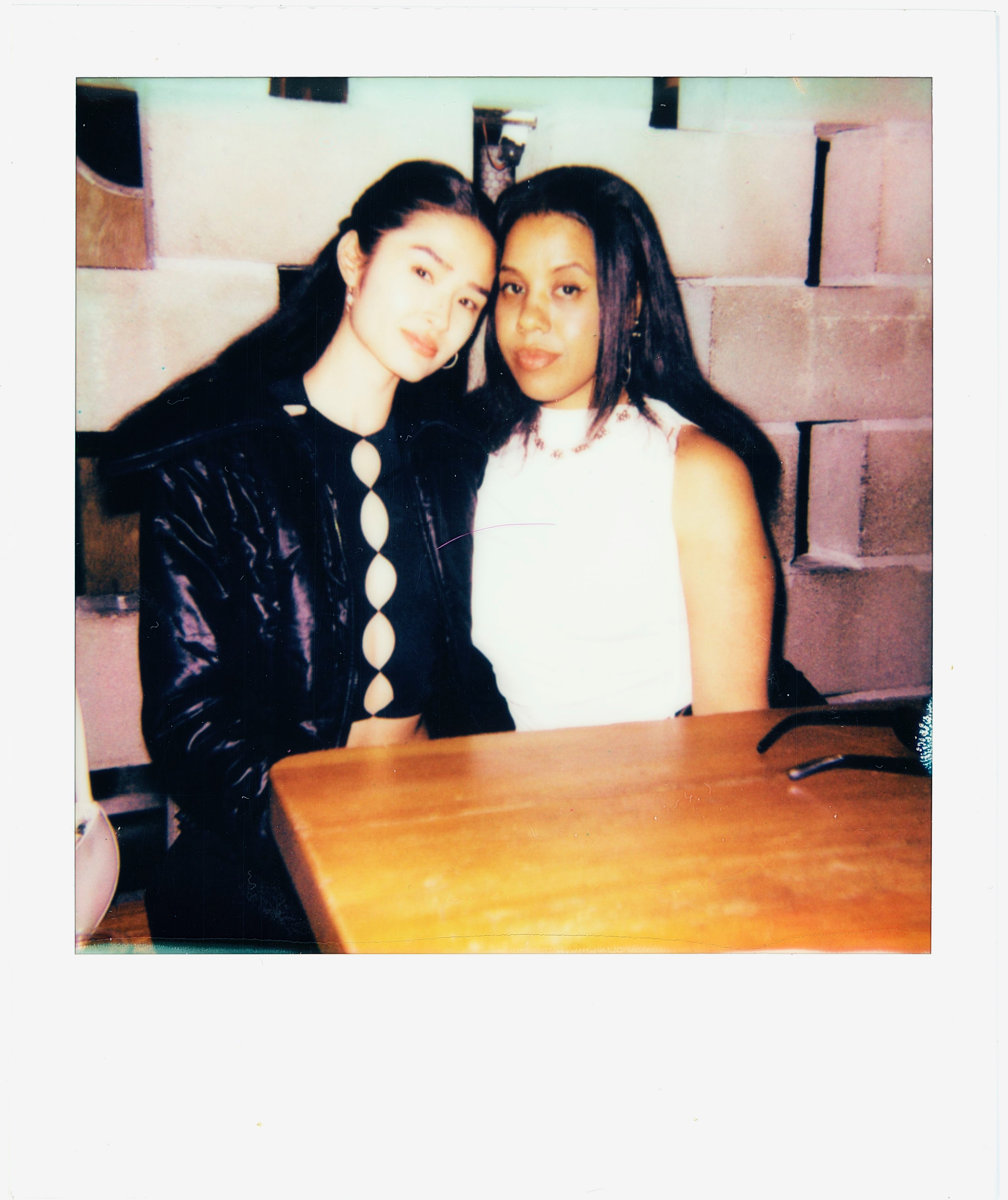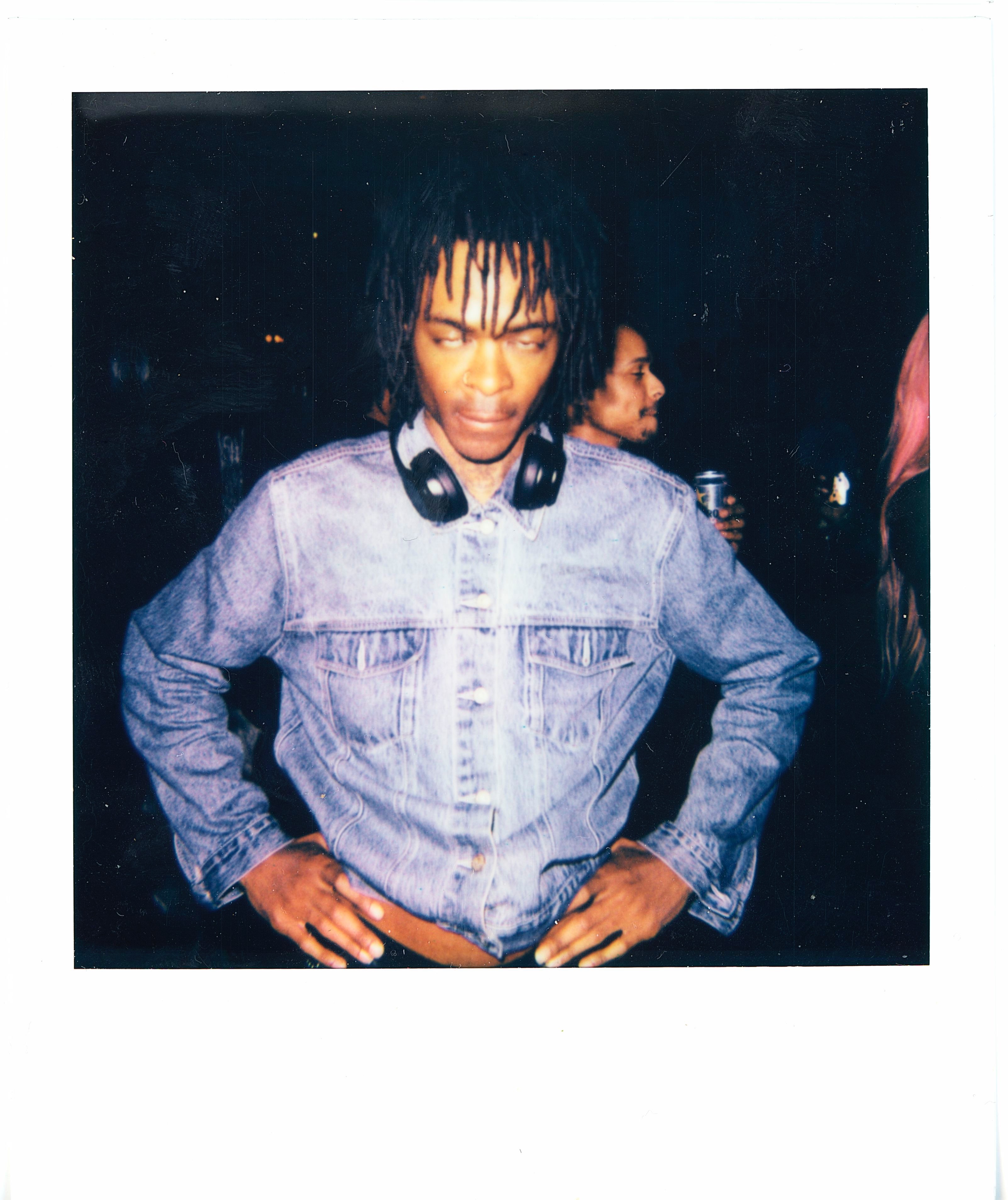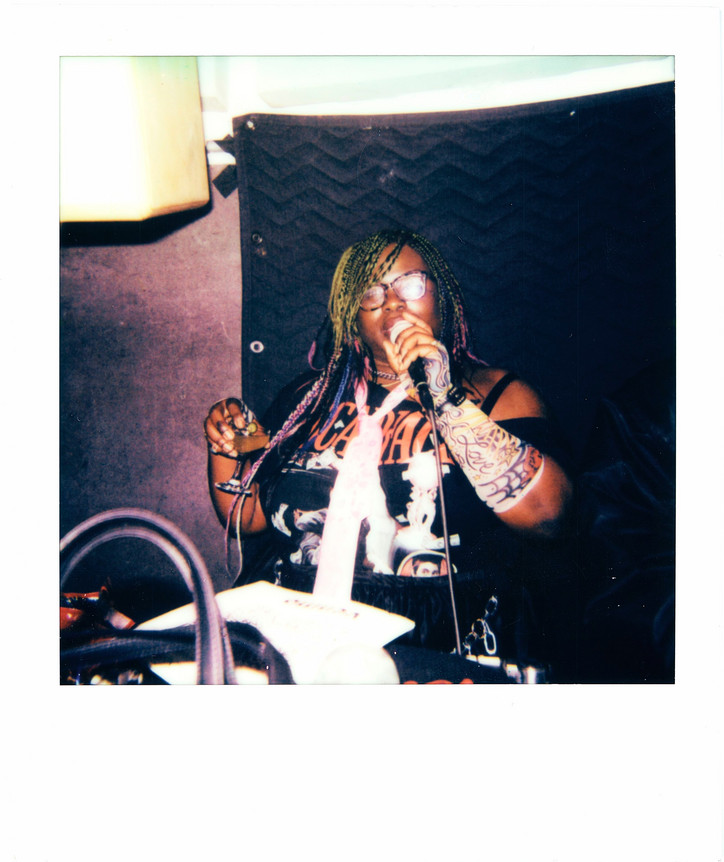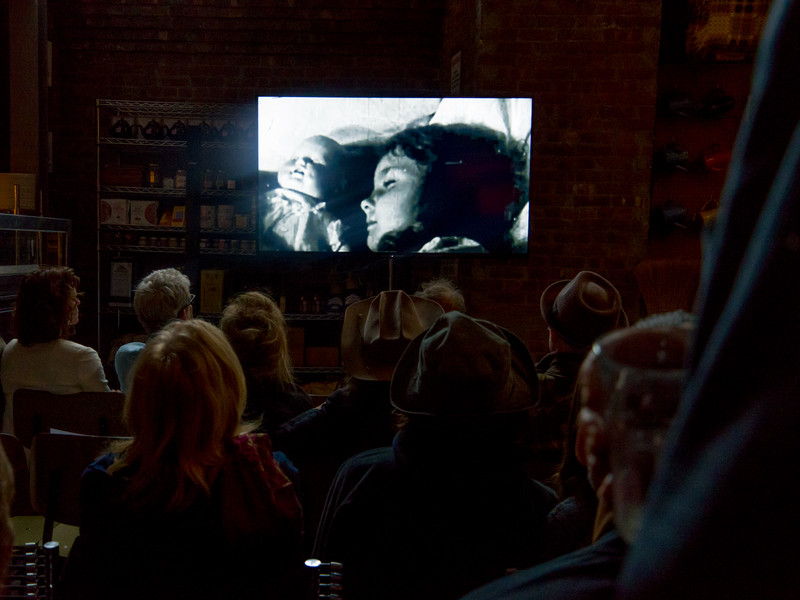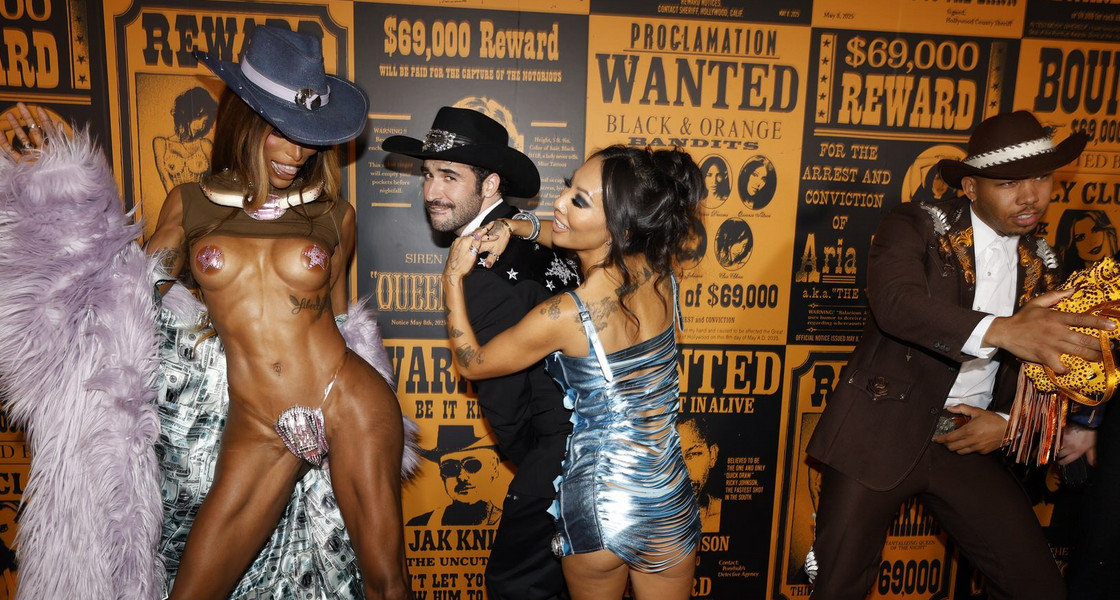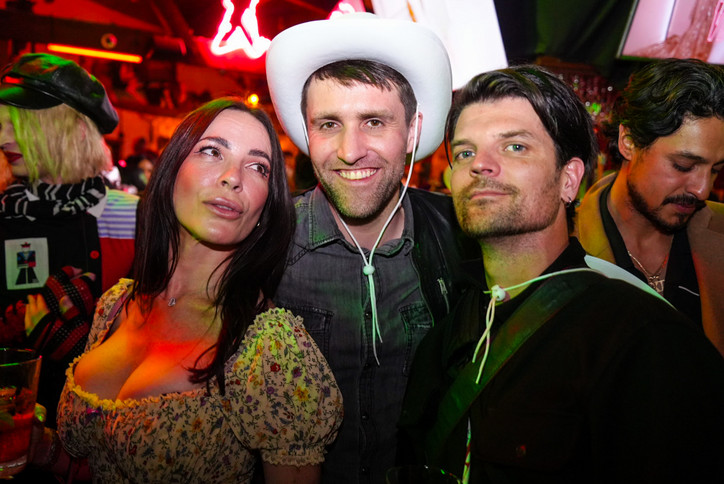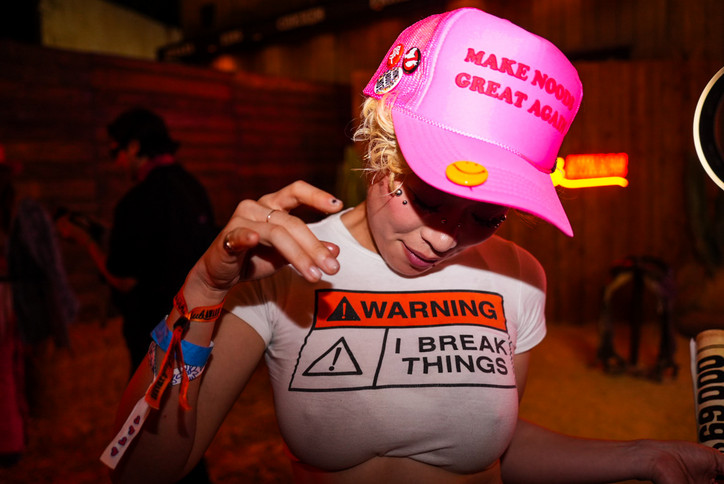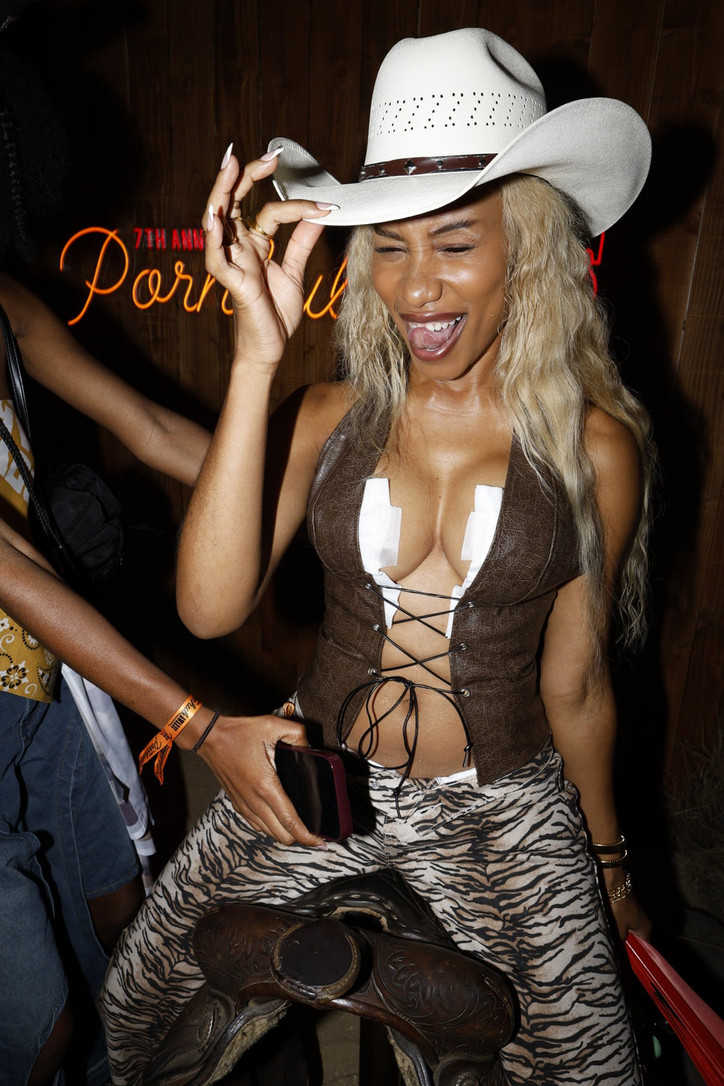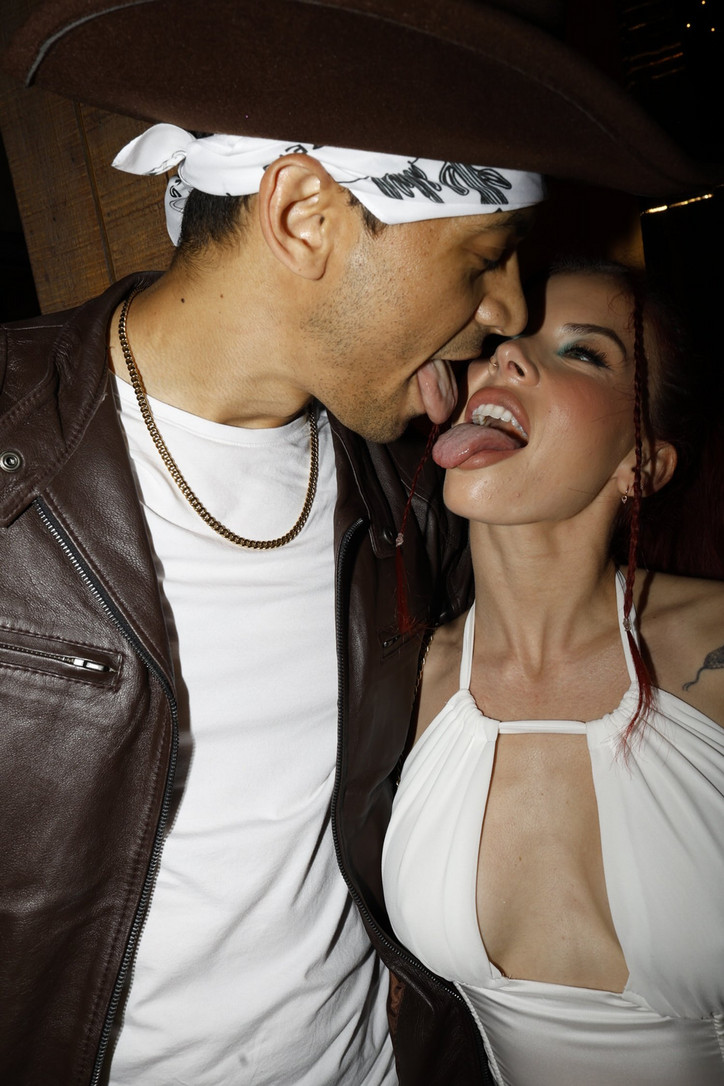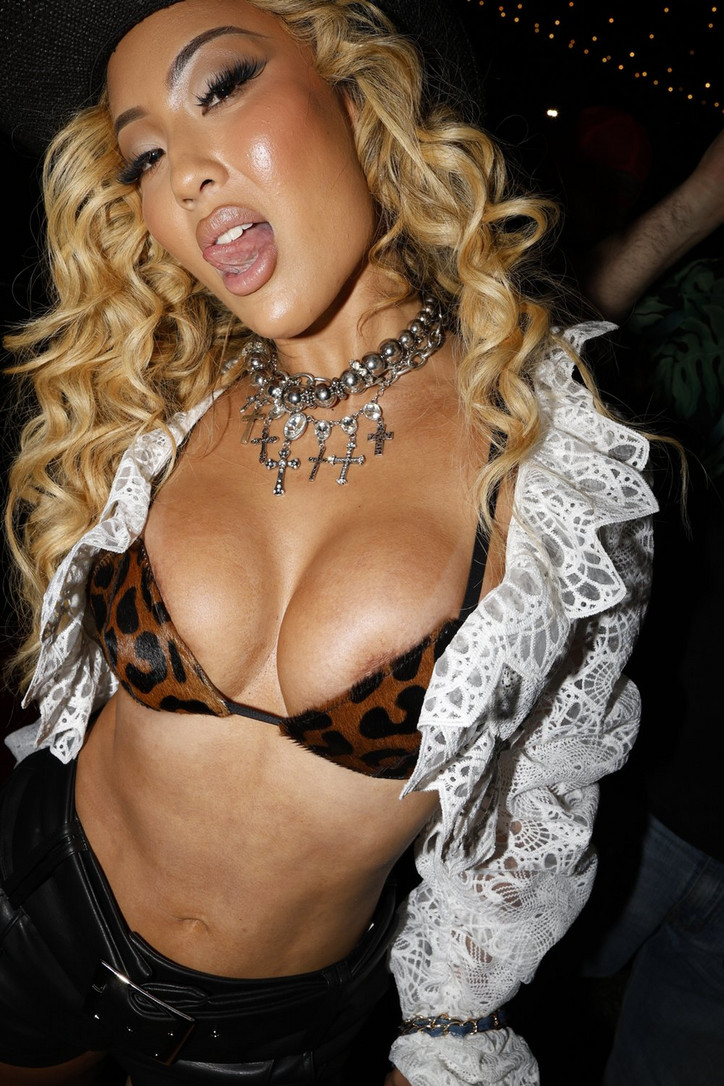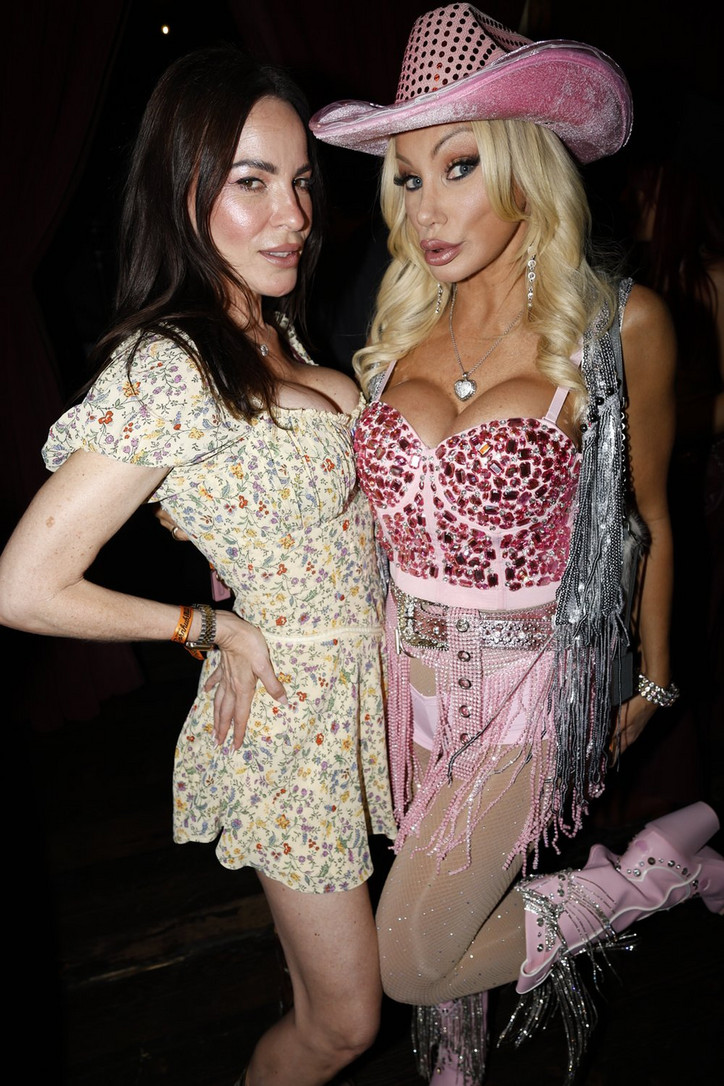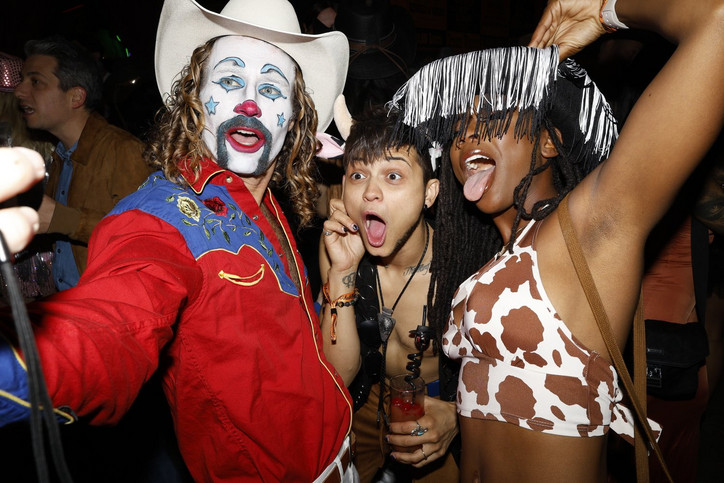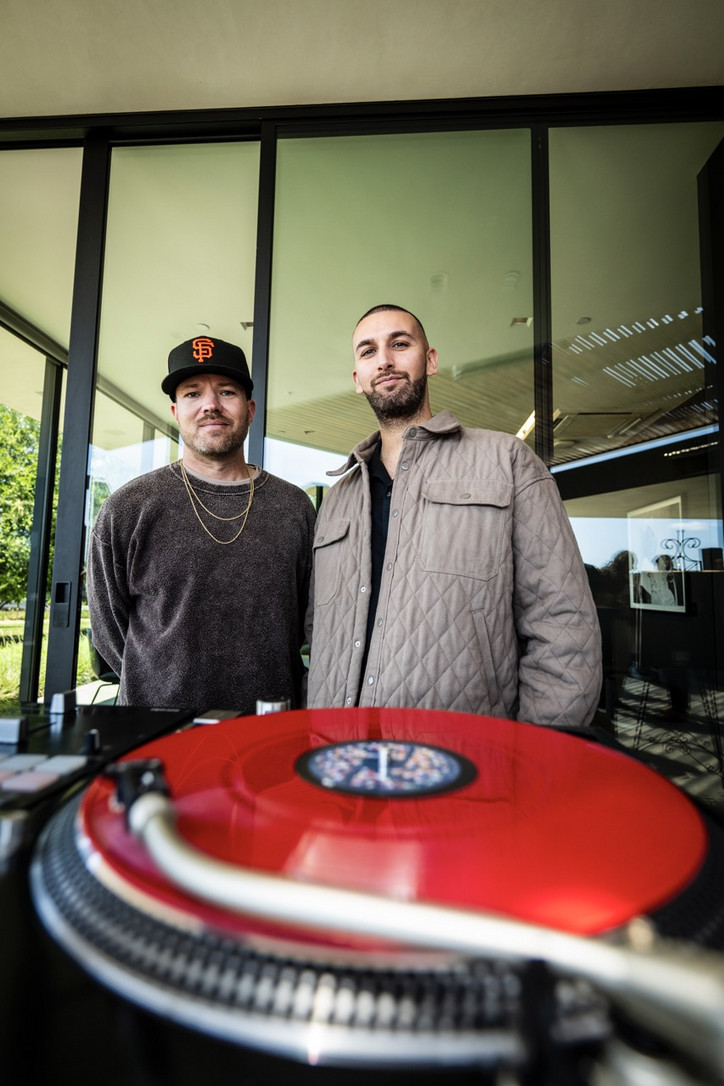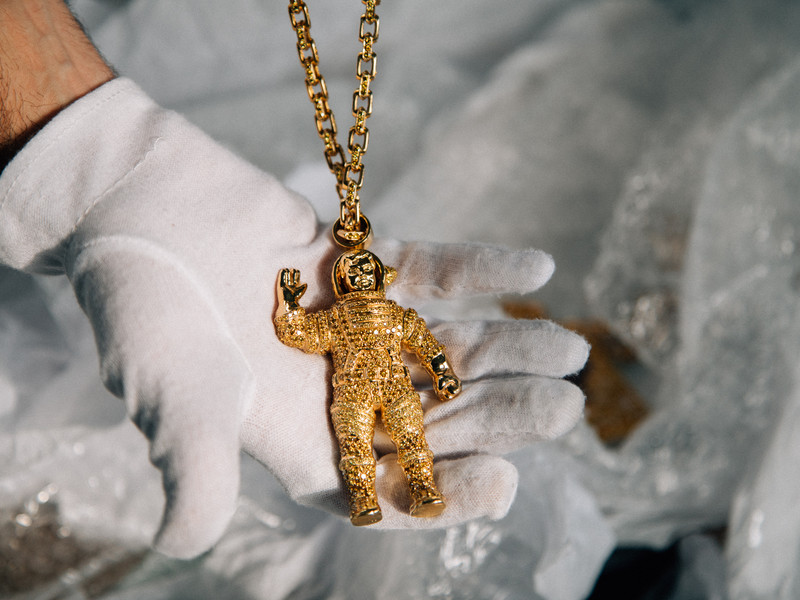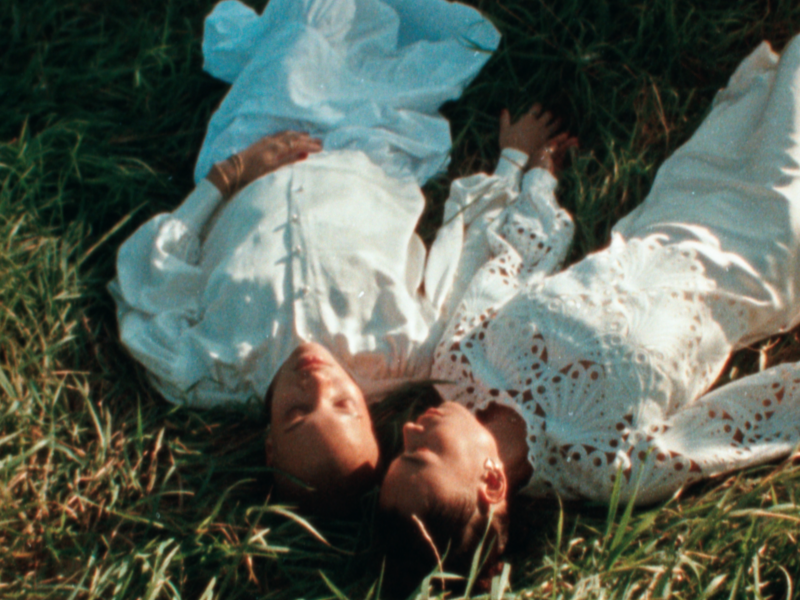Alex Kazemi’s Y2K Cruelty Crusade Party Novel

“A lot of my decisions of creating immoral, unlikeable, repulsive characters was because I feel like that’s more real,” Kazemi says of his debut novel New Millenium Boyz. A teen drama set at the beginning of Y2K, the book follows Brad, a senior who meets two new students, Lusif and Shane, during his last year of high school. Constantly watching MTV, idolizing people like Marilyn Manson and the aforementioned Columbine shooters, the three boys gaybash, hurl racial epithets at students, mutilate rats on their Handycams, all in an effort to escape the blandness of suburbia. Each shocking action escalates as they attempt to surprise themselves, and the sheer plunge Kazemi must have done to create each grotesque thought is one of the most consistently astounding facets of the book. “I took out this new book on Hitler at the library, but I got too hard reading it,” Lu, the worst of the three, admits. “I ended up just jerking all night.”
Kazemi’s characters are horrendous and heavy to read, and it wasn’t easy to sit with them during the book’s long writing process. “It’s not a happy thing every morning to work on this. I’m dealing with very intense, dark things,” he tells me. It’s bursting with pop culture references — what song is playing on the radio, food items the characters eat, what band is on everyone’s shirts — one reference took about two or three hours to fact-check, he says. “Probably the reason why it took ten years was the fact that it was a period piece and the research was done in libraries, university databases, messageboard archives, archive.org, YouTube home videos, pictures.”

The early 2000s, Kazemi says, was the most recent period we were all tuned into the same content. Brad and his friends constantly call each other up, ask if they saw what just happened on MTV. “I was trying to capture this last moment of adolescent culture that was controlled by an arena of systems. It’s not like your generation with a billion different algorithms brainwashing you and separating the culture around your peers. You might not know a Twitch streamer your friend really likes, or even a porn star your friend really likes from OnlyFans or Twitter. Everyone gets their different cultural reality, and it never really merges people together.” Whatever I scroll past daily is likely completely different from my friends. “So much of cultural camaraderie came from that glue and that system of pop culture being simplified,” he says.
New Millenium Boyz first showed up on Tumblr as a snippet titled “Yours Truly, Brad Sela,” where it attracted the praise of artists who were online at the time and took notice in Kazemi’s drive and pivot to artistry after working as a music journalist. People like Marina Diamandis, Lana Del Rey, Charli XCX, the trifecta of melancholy sad gay pop. He no longer keeps in touch with Del Rey, but in recent years, has expanded his celebrity repertoire — he’s on a first-name basis with Bret Easton Ellis, whose American Psycho feels like it harbors New Millennium Boyz as a prequel, and in 2018, Taylor Swift invited him to come backstage to chat before her blockbuster Reputation Stadium Tour.
These chance encounters are due to the occult study of magic — he’s an open practitioner of Kabbalah, and allegedly manifested the Swift meet-up, a creative partnership with Marilyn Manson and Ellis, and more. His first book, 2020’s Pop Magick, detailed the experience of visualization, rituals, and sigils in order to bend reality to your will. Madonna posted herself reading it, something Kazemi visualized, and he attributes much of his career success to his practices. (Surprisingly, he sat the recent ‘Super Blue Moon’ out: “lots of planets are in retrograde,” he explains). “Everything is because of magick,” he says, “I visualized talking to you.” He points at the image of me on his computer screen, but I can’t be sure if he says this to every person who interviews him.
Pop Magick also documents his terminal offline-ness: rare for a young person, a writer, but also for someone so invested in culture. “You have to unplug the IV drip of the internet when you’re writing a book,” he explains.
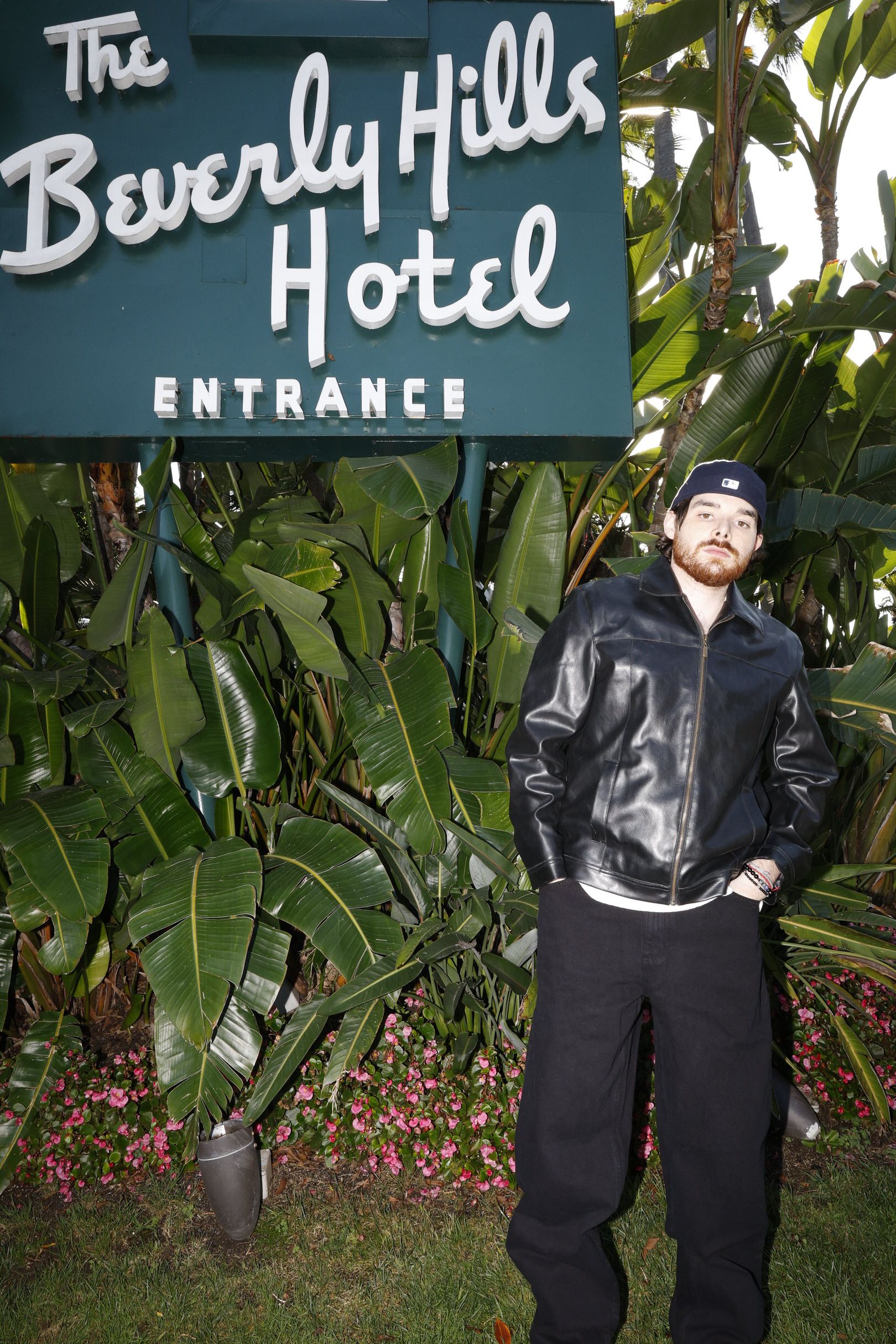
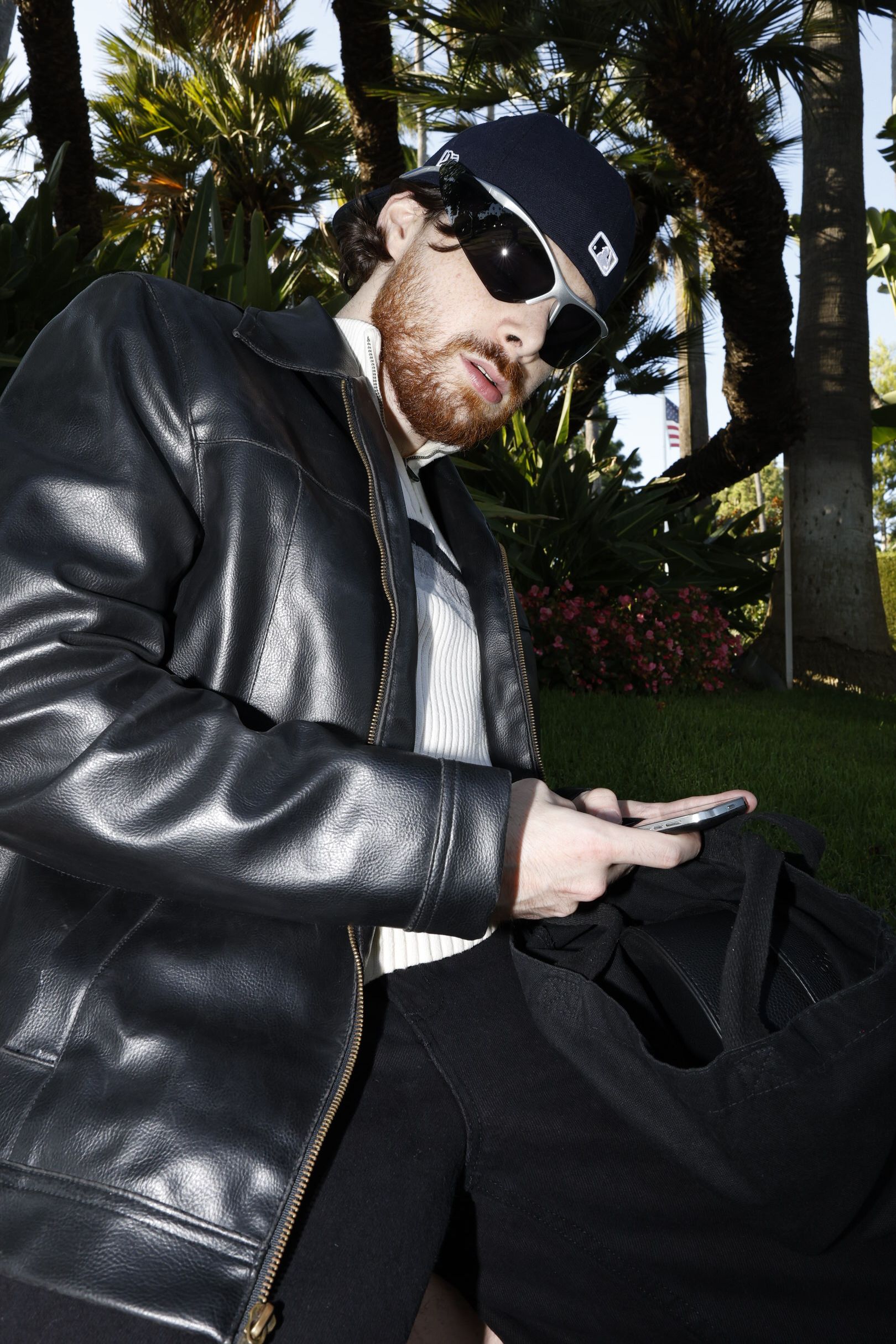
He’s surprised, then, when I mention the current mainstream literary skew towards fiction that soothes or acts as a comforting blanket rather than excites or provokes. Think of the willfully uncritical revisit of Lolita that sparked discourse last month, or the countless Emily Henry reads that promise a satisfying conclusion over intrigue or human flaw. A Little Life author Hanya Yanigihara was very publicly critiqued for writing intricate, traumatic novels where gay men undergo countless hardships and pain, “only so she can swoop in and save them.” A recent Lux Magazine piece found flaws in Jen Beagin and Melissa Broder’s latest novels depicting bisexual women — Milk Fed’s narrator, the author writes, “treats the object of her desire as an abstraction rather than a person,” which is the point of the book. The narrator doesn’t see her partner as a human, which makes for an exploration of fetishization and the underbelly of our psyche. Is a healthy, normal relationship really the most interesting plot for a novel?
Kazemi has no desire to write a candy-coated revisionist book. “I think that’s very dangerous. I don't think morality should be a part of fiction or characters,” he says. Part of the inspiration for New Millennium Boyz, he says, was borne out of seeing John Greene books like The Fault In Our Stars when he was younger. “I wanted to subvert [those books]. That was my first reaction, being like, ‘Fuck this saccharine, sanitized version of being a teenager. I’m gonna make the dirtiest, worst depiction of adolescence that I can figure out.’”
True to his word, Boyz is a heavy read — test readers had to take several breaks. He wrote “really depraved, fucked-up things that haunt me,” for example, when the boys ambush a girl with Down’s Syndrome, attacking her with SuperSoakers full of their urine. “That was so gross and horrible, so sad,” he says, but to make a complete, final product exposing people’s nostalgia of Y2K, and the horrible cruelty of teen boys at the time, he had to push creatively to see how deplorable he could make these characters. “If I choose to make a really gruesome portrait of something, I always want there to be a sense of purpose or intention or meaning. I’m not interested in vapid shock for the sake of nothing. I hope that every calculated shocking decision through the prose and the narrative was meant for a reason, for the story.” During the scene where they carve open a rat, Brad notes, “Boys feed on the lust of other boys.”

When I bring up the cultural climate of the internet he’s missing out on, the quick-to-cancel, high alert Twitter users that are happy to misread a work of satire, instead projecting the novel’s themes and behaviors onto their author, Kazemi isn’t that nervous. “Maybe someone will go after me in that way, and just be totally offended by it,” he admits. “But I think if anything, a liberal person or a feminist should read it and see that I’m exposing a lot of the corrosive animated aspects of growing up as a young man in the Y2K era.” Already, there are one-star Goodreads reviews, lamenting the book’s misogynist dialogue and latent homophobia. “If someone is just gonna be reactionary and outraged about it… I mean, there are smart readers and there are dumb readers,” he sums up. “Also, it’s a weird fucking time. Don’t straight girls read The Sluts by Dennis Cooper on TikTok and stuff? It’s a totally bizarre time.”
Most of the boys’ horrendous actions are on camera. In their suburban environment, the boys lust for something more, and start videotaping themselves acting out — on drugs, carving ‘SATAN’ into each others’ forearms with knives — producing Marilyn Manson-esque snuff films. Of the three of them, Brad is the most self-conscious, to a debilitating effect, which produces the novel’s most interesting ideas about identity. Brad has fun on camera, but that isn’t the real him, he insists, he was simply inhabiting a separate persona.
“You’re a victim of your own hoax,” the astute Lusif tells Brad in one scene. “Your life was so meaningless that not even your own manufactured storylines could save you from the emptiness that consumes you.” He goes on to warn, “At some point, you are going to slip, embarrass yourself, and it’s going to hurt so much worse than if you were honest from the start.”
The event that kicked the writing process into full-speed, Kazemi says, is the infamous call between Taylor Swift and Kanye West that leaked in 2016 and went on to define each of the performers’ careers, forever. “[The call] really changed everything for me, of trying to understand the private and public self and performance of the self. We all know all people at that level of being in the public and controlling your image, wanting everything to seem so seamless, but I always wanted to be transparent about that stuff.” Using Brad as an avatar, Kazemi interrogates this exhausting need to craft a meticulous image of yourself — it really shouldn’t be surprising that Snapchat and Instagram lead to Machiavillian behavior, he says. At the end of the book, when Lu threatens to shoot up the high school’s prom in an effort to occupy the same mystique as the Columbine shooters, he blackmails Brad into keeping quiet about it, or else Lu will release the tapes they recorded. “I don’t care who gets hurt as long as I become the vision that I have of myself to this world,” Brad admits. He doesn’t tell anyone.
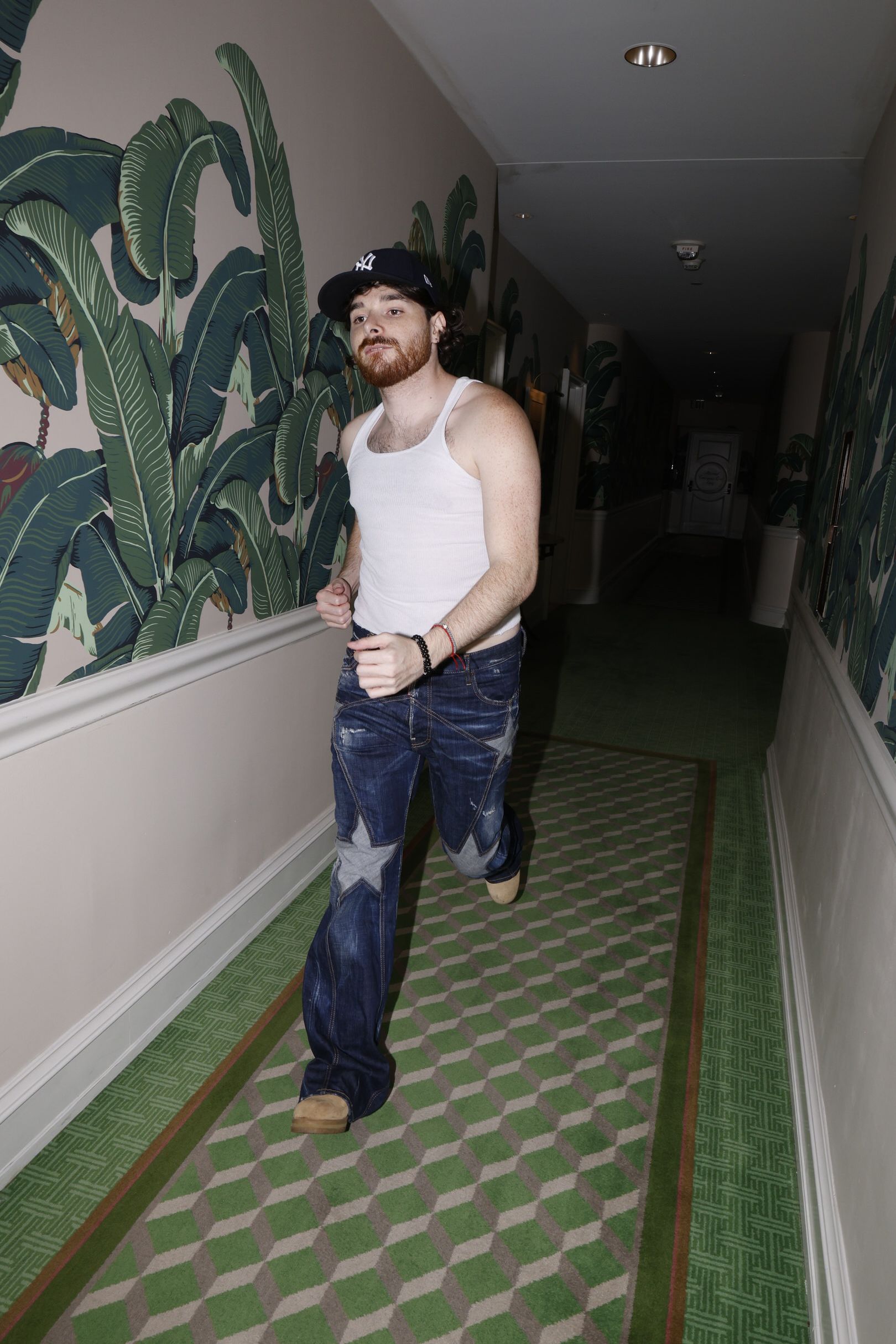
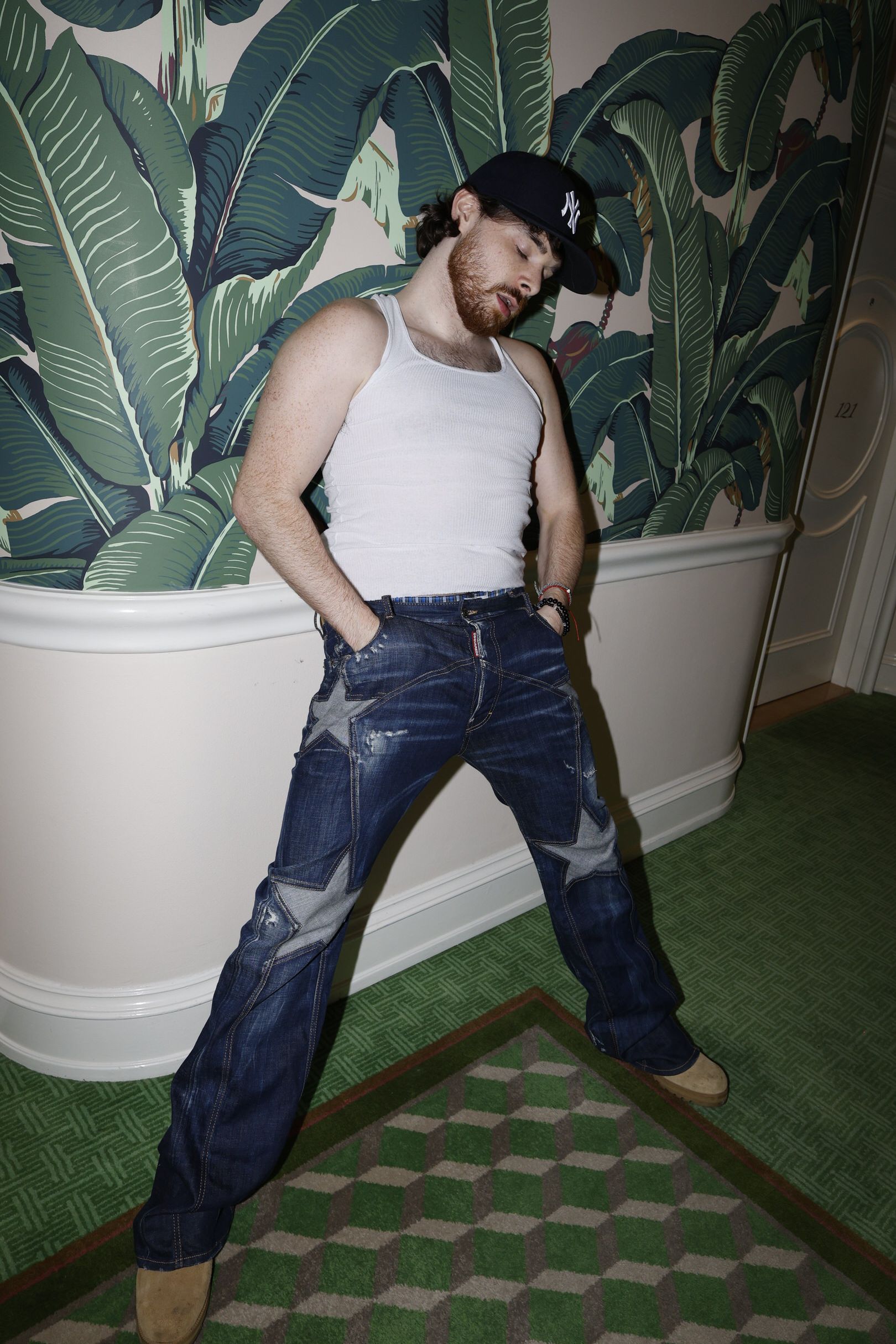
Despite the long road of rejections and rewrites, magickal rituals and visualization, Kazemi is cosmically cool about how the book will enter the world. “I can do my best by trying to influence the universe through magic and my will and my work ethic, but whatever ends up happening, I can’t really control that.”
We’re talking about Tumblr during one of our many asides — through our conversation, he asks me questions, too, my opinion on recent novels, what I thought of his ending, as if I were a beta reader instead of someone with a finished product — when he says, “Alex Kazemi is kind of like Electra Heart, in a way.” Electra Heart is the alter-ego of Marina and the Diamonds, a persona she donned for her 2012 album of the same name. So is Alex Kazemi a façade? Did he write New Millenium Boyz, or did the person I’m speaking to? “My soul channeled NMB,” he answers. “Alex Kazemi is definitely someone who is an avatar or vehicle for me to challenge facets of culture and to get people to think and question things. But of course, my art is a part of him, for sure,” he ends.

Persona or not, it’s admirable Kazemi sought out to write about one of the scariest things we can experience — reality. The novel is obviously overly provocative and absurdist at points, but his main goal was to dig deep and re-enact what teenagers were actually talking about: cruelty, crassness, and atrocities included. “I don’t know if I derive joy out of being a provocateur,” he says. “I think it’s sort of sad that we have a literary climate where a book like this could be provocative. We should be engaging with the shadow self and the darker side of the human psyche and our cultural psyche.”
Kazemi’s words often remind me of when Lu uses his masterful insight on the world to make a real point — when his broken, horrible clock is right twice a day. “One thing I hope you learned from me is that reality is a horror show,” he tells Brad one day. “It’s worse than anything you could imagine. It’s too gruesome to be portrayed in art. You have to be there for it. Alive. It’s all around us. It’s beautiful. It’s going down, right now.”
